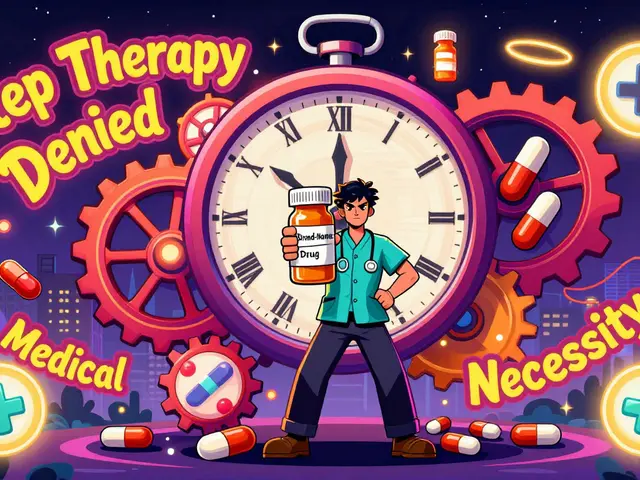ADHD aggression: what to try first
Is your child with ADHD acting more aggressive than usual? That can feel scary, but there are clear steps parents and caregivers can take right away. Aggression often comes from several causes at once: medication effects, sleep problems, untreated anxiety or mood issues, or stress at school or home. The goal is to find the cause, reduce immediate risk, and build routines that keep things calmer over time.
Quick medication checklist
Before changing anything, call the prescribing clinician. If your child started or changed a medication like Strattera (atomoxetine) recently, note when symptoms began. Some kids get more irritable or restless when doses are too high or when a medication hasn’t settled in yet. Ask the doctor about dose timing, side effects, and whether a short break or dose change makes sense.
Also consider other meds and substances: over-the-counter cold medicine, caffeine, or herbal supplements can worsen irritability. If aggression is sudden and severe, get urgent medical advice—do not adjust strong psychiatric meds on your own. For ongoing problems, a child psychiatrist can evaluate whether ADHD meds, an antidepressant, or a targeted add-on for aggression is the right move.
Behavior strategies that help now
Make the home predictable. Kids with ADHD respond to clear routines and simple rules. Use one or two consistent expectations (for example: hands to self; use an inside voice). Keep consequences short and reliable—strategies work when they’re used the same way every time.
Try a short reward chart for specific behaviors: one extra minute of a preferred activity for each calm interaction, for instance. Praise quickly and specifically: say, “I like how you waited your turn,” not just “good job.” Ignore low-level attention-seeking misbehavior when safe to do so—attention can reinforce the problem.
Teach emotion skills in small steps. Use short role-play or books to help your child name feelings and learn one calming tool (deep breath, counting to five, stepping away). Practice these tools when everyone is calm so the child can use them when upset.
Work with the school. Ask for consistent classroom strategies and a simple plan for when aggression starts. A 504 plan or behavior intervention plan can keep responses aligned across home and school.
Keep a short behavior log for two weeks: note time, triggers, medication status, sleep, and what happened right before an outburst. That record helps clinicians spot patterns fast.
If someone’s safety is at risk—your child or others—call emergency services or go to the nearest ER. For non-urgent but serious concerns, ask your pediatrician for a referral to a child psychiatrist or behavioral specialist.
Small, steady steps make a big difference: check meds with a clinician, add predictable routines, teach one coping skill, and get school support. That combo often calms aggression and helps you see what to try next.
Addressing Aggression in ADHD: Medication Changes and Behavioral Strategies
Families facing aggression in children with ADHD might need to reassess medication and incorporate behavioral strategies. An expert suggests a balanced approach, emphasizing the importance of specialized treatment plans that include both pharmacological and behavior management elements to effectively address complex ADHD symptoms.





